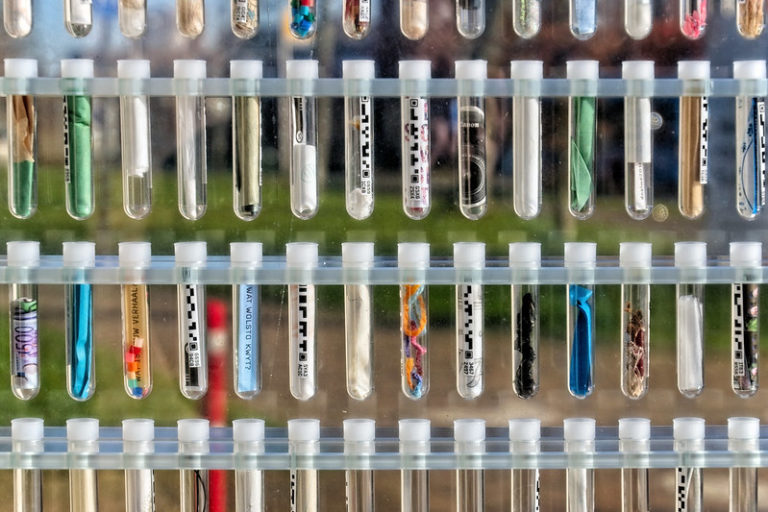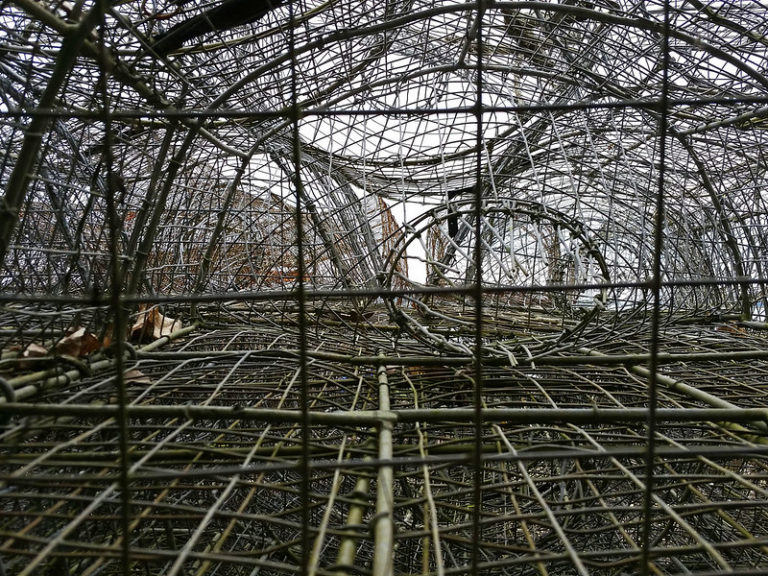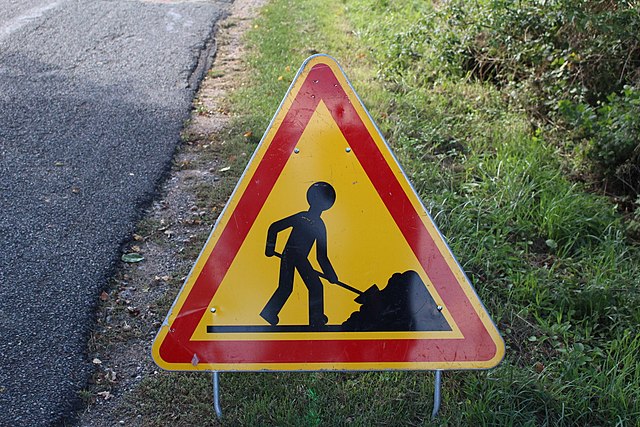
What “discussion” procedures are imposed on European legislators?
Since July 2023, EU institutions have been engaged in discussions on the proposal to deregulate many GMOs. These discussions follow an established procedure of negotiations between the Council of the European Union, the European Parliament and the European Commission. Complex but logical, this procedure can sometimes confuse those who follow it. Inf’OGM helps you see things more clearly.

MEPs approached by industry to deregulate GMOs/NGTs
Since the European Commission submitted its proposal to deregulate almost all GMOs in 2023, multinational seed companies and lobbyists have been busy lobbying European institutions to support this proposal. Companies and civil society organizations can request meetings with MEPs. These meetings are listed, at least in part, on the Parliament’s website. In this article, Inf’OGM shows that supporters of GMO deregulation had 59 meetings, compared to 23 for opponents.

Qualified majority in the Council of the European Union to deregulate numerous GMOs
On Friday 19 December, the Member States meeting within the Council of the European Union reached a qualified majority agreement on a text to deregulate many GMOs. This text, negotiated two weeks earlier between representatives of the European Commission, the European Parliament and the Council, proposing broad deregulation of GMOs obtained through new techniques of genetic modification, has finally convinced a sufficient majority of States. The European Parliament is now due to consider it in January 2026.

NGT regulations: trilogue of the deaf under pressure from Denmark
Negotiations on the future European regulation on new genetic modification techniques have been focusing on two sensitive issues for several months: patentability and sustainability. Keen to conclude the dossier before the end of the year, the Danish Presidency is stepping up efforts to find a compromise, at the risk of neglecting issues that are of particular concern to small and medium-sized breeders and farmers. Denmark will seek an agreement this week, having already threatened to freeze discussions and refer the text back to the European Parliament for a second reading.

GMO/NGT Regulation: civil society organisations concerned about the outcome of the trilogue
As the trilogue on the regulation of new genomic techniques (NGT) continues, civil society organisations are expressing their concerns about the outcome of the discussions, particularly on the issue of patents. This is evidenced by two recent position statements: those of the European Coordination Via Campesina (ECVC) and Arche Noah, which illustrate their mobilisation around this crucial debate at a key moment when European decisions are being made.

A biotech “Alliance”: when lobbying becomes institutionalised
At the end of July 2025, the EU Biotech and Life Sciences Alliance was quietly launched in the European Parliament. Supported by the lobby group Europabio, its aim is to bring together MEPs to “ensure that the [European] Union takes bold and coordinated action” to strengthen its biotechnology sector. While this initiative reflects a desire to maintain Europe’s competitiveness, it raises a major political question: where does democratic representation end and institutionalised lobbying begin?

Towards the start of the trilogue on GMO deregulation?
On 14 March 2025, the Member States of the European Union achieved a fragile qualified majority to launch a discussion with the European Commission and the European Parliament on the deregulation of GMOs. It took the member states almost two years to reach this majority, as there are still many disagreements. Negotiations between the three European decision-making bodies – known as a “trilogue” – could now get underway, subject to the vote of a final formal mandate by the European Parliament’s Environment Committee.

The European Commission wants its “biotech revolution”
In March 2024, the European Commission announced measures aimed at driving what it called a “biotechnology revolution”, including a proposal for a “law” in 2025. This announcement came at a time when a number of legislative dossiers relating to biotechnology had already reached an impasse, such as the deregulation of plant GMOs. As Denmark, a fervent supporter of biotechnology, prepares to take over the Presidency of the Council of the EU from July 2025, is the Commission planning to bring everything together in a general “biotech law” to complicate political debates and force the issue through? The European Parliament has just taken up the issue on its own initiative.

GMO patents: is it possible to break the deadlock?
In July 2023, the proposal to deregulate GMOs obtained using new genetic modification techniques (known as “new genomic techniques” – NGTs) highlighted a sensitive issue that is still under discussion: patents. Patents are fiercely criticised for their many negative effects on the rights of farmers and traditional seed producers, as well as on biodiversity. A report commissioned by the European Green Party addresses this issue and suggests ways out of the impasse.

Copa-Cogeca’s ambiguities on the issue of plant patents
For a year and a half, the Council of the European Union has been unable to reach an agreement on the deregulation of GMOs, mainly because of the problems posed by patents on those GMOs or on the techniques used to obtain them. According to Copa-Cogeca, those two issues should be dealt with separately. Its proposal is to adopt the deregulation of GMOs as quickly as possible and postpone the study of the problem posed by patents. Even if it means forgetting that farmers are indeed affected by patents.

Seeds regulation: the industry weighs in the balance
At a time when the European Union is preparing new regulations on seeds, a look at the meetings between MEPs and the various stakeholders indirectly shows the weight of the multinationals in these procedures. This raises questions about the imbalance in the representation of these parties and the potential consequences for small seed companies, farmers and peasants.

The European Commission’s legal initiatives on the Living
In less than a year and a half, from May 3, 2022 to October 12, 2023, the previous European Commission has launched a number of legislative initiatives concerning the Living. The deregulation of GMOs, the digitization of living organisms and even patents are just some of the issues on the table of member states and the European Parliament. If adopted, these projects will make it easier for companies with substantial financial, human and technical resources to take ownership of the Living. These initiatives do echo current international negotiations.

